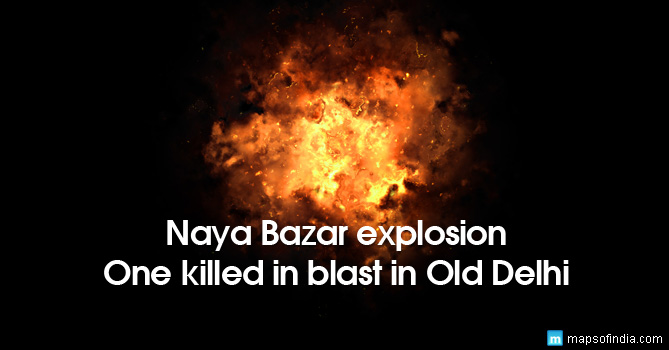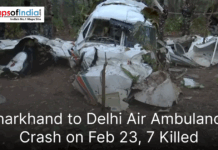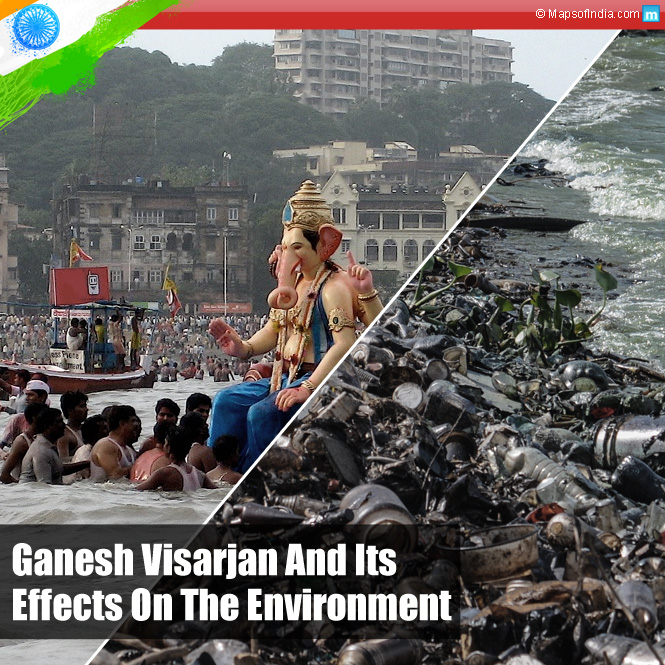Yesterday morning, local residents and traders of Naya Bazar in the Walled City of Old Delhi were rocked by a loud explosion that left one person dead and five others injured. Several shops and buildings in the area were damaged.
People panicked with no one sure whether it was a bomb that went off or something else. Shopkeepers immediately downed their shutters while residents residing in the upper sections of buildings remained confined to their homes.
The Delhi Police Special Crime Cell along with the SWAT team and forensics experts cordoned off the area and samples were collected and sent to the forensics laboratory for testing.
Police identified the deceased as Motalip Mirza, a 60-year-old labourer from Murshidabad district of West Bengal, who had been working as a labourer in the Chandni Chowk area for the last 20 years and used to ferry goods on his head for various shopkeepers.
Yesterday, he was asked to pick up two bags of Diwali crackers from an illegal godown belonging to one Mukhtar Ahmad, located in Gali Zakaria Mohalla Fatak Hawas Khana in Lahori Gate, and deliver them to three shops owned by Ahmad.
Motalip, who was carrying the two heavy bags apparently tripped and dropped the bags in Pattewali Gali, setting off the fateful explosion. He is survived by a wife and two sons who live in his home town in Bengal.
According to Police, the crackers were of Chinese make but tests conforming the exact ingredients are awaited. Meanwhile, the Police has filed FIR under various Sections.
Questions remain unanswered
How is it that despite various orders being passed by the government regarding sale and storage of crackers in the city, it remains unchecked and is business as usual?
Why has the state government absolved itself of the responsibility to check and take appropriate preventive action?
Is it not true that all state governments have lacked the political will to take on the powerful trader community, who simply refuse to address or invest in any redevelopment plan for the area?
Given the fact that the entire area is constricted for space and having a high density of people living and working there at any given point in time, any disaster of this kind can and will result in high casualties.
The problem is further compounded by exposed overhead electricity wires that crisscross the streets, some being legal while many others illegal. This means that besides old and dilapidated buildings which have passed their life, the exposed electric wires too can trigger a disaster.
The narrow by-lanes make it very difficult for Fire Brigade vehicles to gain access to interior parts of the Walled City, thereby severely reducing the ability for relief and rescue measures in case of an emergency situation.
With Diwali a just few days from now, can the city sleep assured that all its citizens are safe? But this is from an accident perspective. What about a terror attack?
How really safe is Delhi?
Few lessons learnt
While the central and state government squabble over security measures to make the city safe, it is nowhere near what should be to establish a minimum deterrence.
The city has very few CCTVs installed that cover all parts of the city. A quick review will reveal that many of these CCTVs are non-functional. Aam Aadmi Party had grandly announced that it would install 15 lakh CCTVs but those numbers are nowhere in sight, while the city continues to remain highly vulnerable to a terror attack. Compare this with over 25 million public CCTVs installed and functioning in China.
One look at security measures in any major public areas like ISBT, railway stations and popular market areas will expose how poor the security measures are and how vulnerable the common man is. Even the heavily guarded metro remains vulnerable, as has been exposed on several occasions.
How citizens can help
The idea is not to press the panic button; but to be aware of the situation around us and remain as alert as possible. As citizens, we cannot simply rely on the Police to protect us. There are several measures that can be taken which can reduce the chances of an attack in future. They are:
- Avoid crowded places such as popular markets, especially during festival times
- If possible, the entire family must not move together
- Stay alert at all times and report any suspicious object or persons to the nearest policeman, police booth or call the police call center immediately
- Keep a watchful eye for unfamiliar persons moving around your residential area or colony
- Citizens must co-operate with Police wherever personal frisking is required. People tend to be irritable and impatient during such moments but must realize that preventive measures at the right time and place can save lives
- And lastly, avoid bursting firecrackers this and all future Diwalis. Let’s all celebrate Diwali with lights and love, the way it always was.
Wishing a very Happy Deepawali to all our readers. Stay safe and have a wonderful time!






